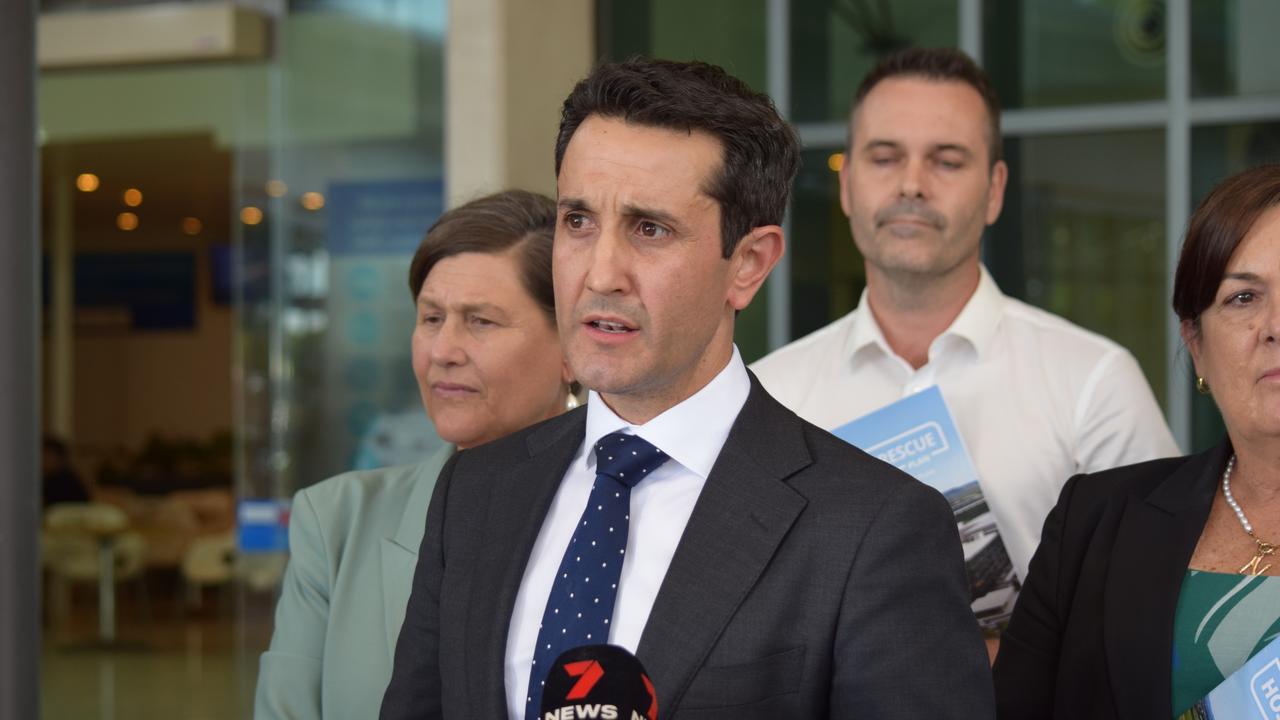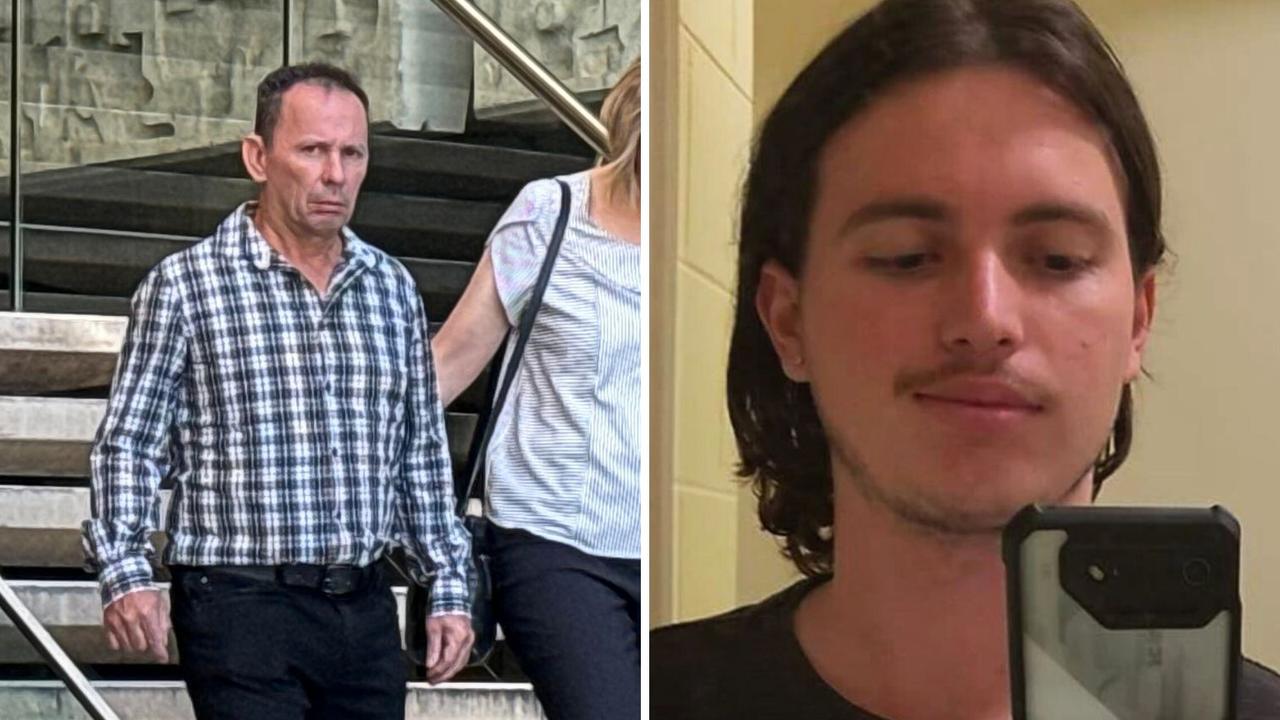Queensland government documents reveal details on pill testing at festivals
The state government has revealed how pill testing will work in Queensland. Here’s what to expect.

Townsville
Don't miss out on the headlines from Townsville. Followed categories will be added to My News.
The $500,000 state-funded pill testing program will be done from a mobile festival site and at two fixed locations.
The Queensland state government posted tender documents for the service on Wednesday, and aims to have the service up-and-running by December and operating into 2024.
The stringent requirements for the voluntary, free and confidential fixed and roving clinics include minimal ‘drug checking’ signage and a ban on mobile phones past the waiting areas.
No one working for the service can have had a criminal conviction which included any criminal organisation element.
In February the government announced plans for the initiative. The deaths of five young people between September 2018 and January 2019 have been linked to party drugs.

The scheme seeks a non-government service provider to work with the ambulance service, police and Queensland Health.
Manager of Very Casual, the music and events group behind music festival Day Trip, Jake Ried said if the program has a positive impact on their patrons in the community, it’s the right move.
“The safety of patrons is always the top priority, we don’t condone the use of illicit substances,” Mr Reid said.
“It could relieve our emergency services, health care and security in venues at events and the suggested intervention process could be helpful for the safety of the community.”
While it’s too early to tell how the new program will impact the way Very Casual runs their events, Mr Reid said it’s a measure they would take into consideration.
>>>100+ Faces: All the best looks from DayTrip 2023
The Queensland service is based on CanTEST; the Canberra-based pill testing service.
The ACT service has two festival/event testing centres and one fixed clinic.
In its July results, CanTEST tested 93 samples, and two were voluntarily discarded.

In 20 cocaine samples, purities ranged from 11 to 83 per cent. MDMA capsule samples were between 48 and 81 per cent pure.
Testing sites in Queensland will have a similar set up as in the ACT. At the time the program was announced, then-Health Minister Yvette D’Ath said “I’m very proud that we’re doing this”.
Once the service is up-and-running in Queensland, people who go in will enter a waiting room and have to put their phones in a locker before going past the waiting area.
The two fixed sites must be co-located with another alcohol or drug treatment or health service, and close to a night-life precinct and public transport.
People who go in will receive a ‘brief intervention’ including an assessment, and education about harm reduction, before a sample of their pills, powder or crystal is taken.
A person will be referred onto further drug and alcohol services if need be, and they find out their substance’s results.
The provider needs lab-quality equipment operated by a qualified chemist, access to a drug identification library and a temperature and light-controlled room for testing.
Friends or family cannot get samples tested on behalf of others.
The service provider must have a substance management plan to outline the chain of custody handling, storing, destruction and transportation or transfer of substances.
Tender applications close October 4.
More Coverage
Originally published as Queensland government documents reveal details on pill testing at festivals




